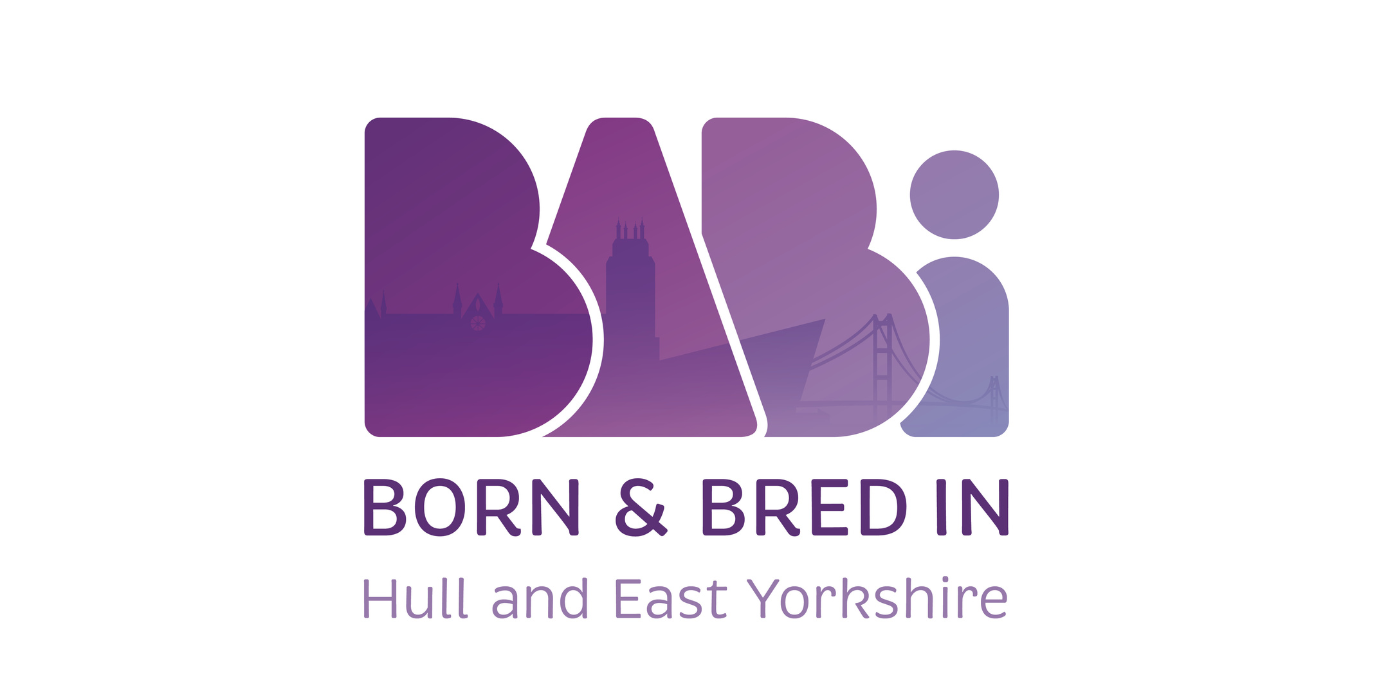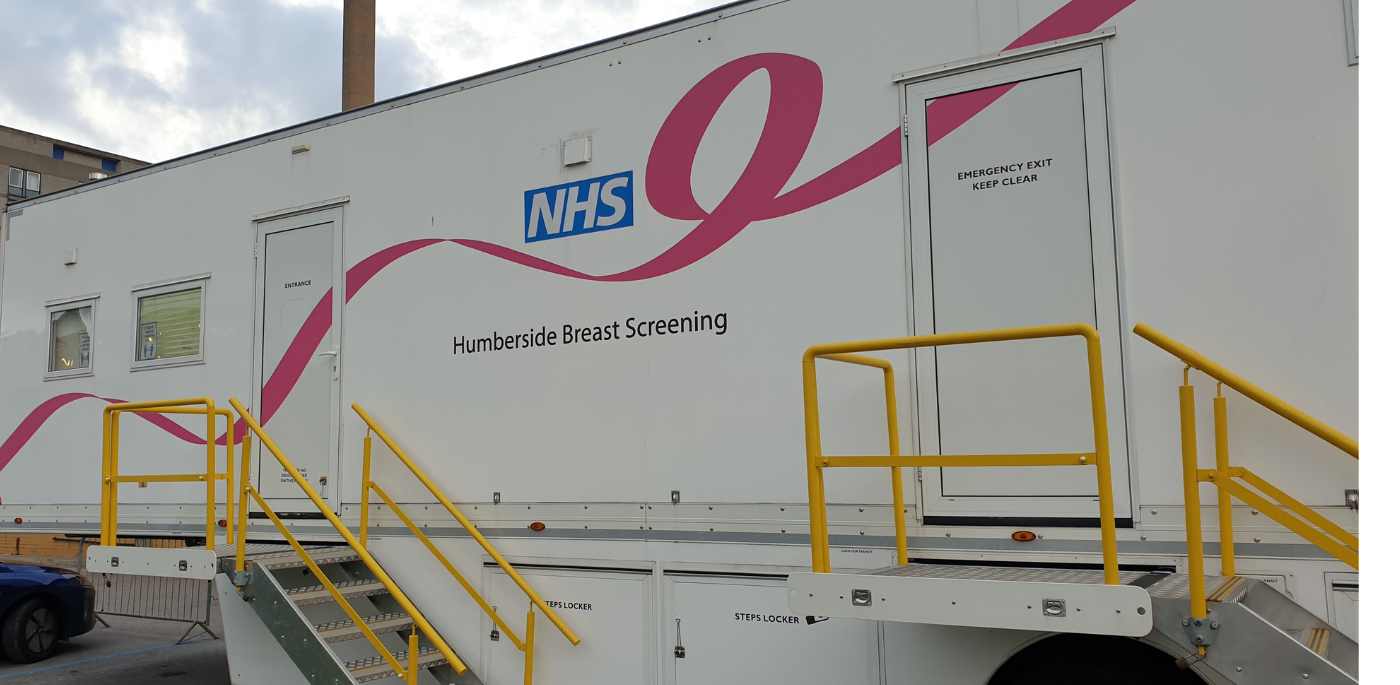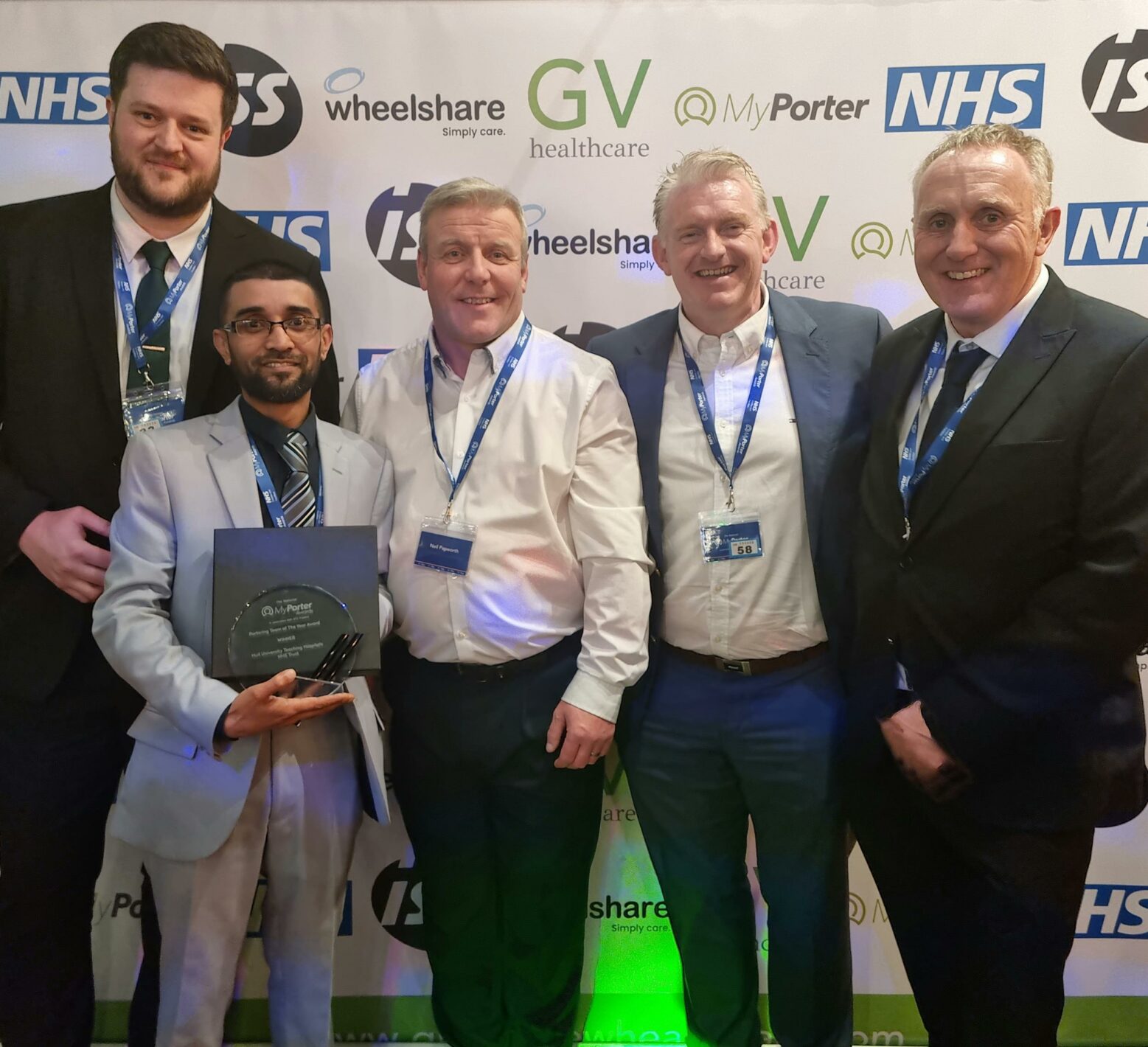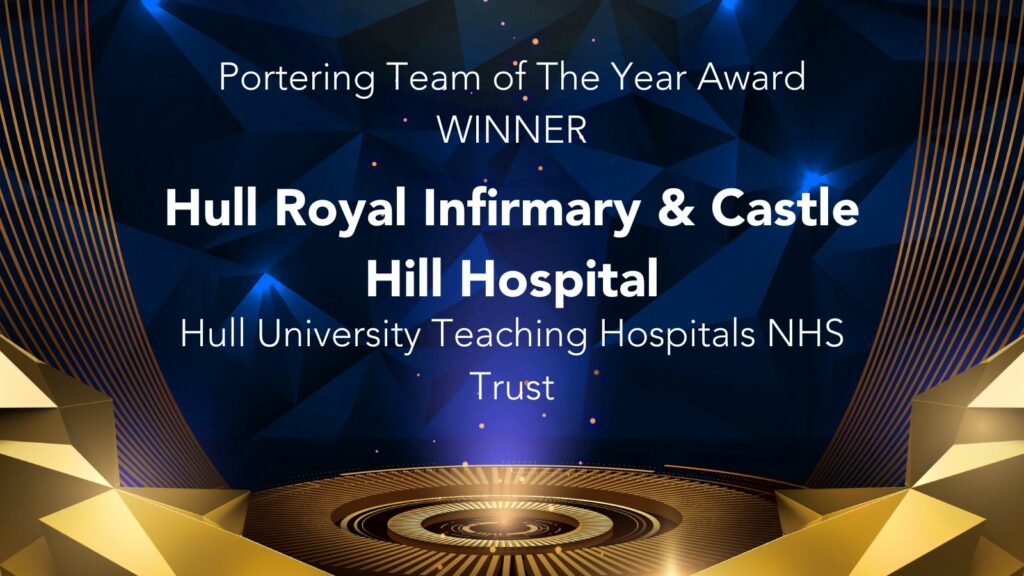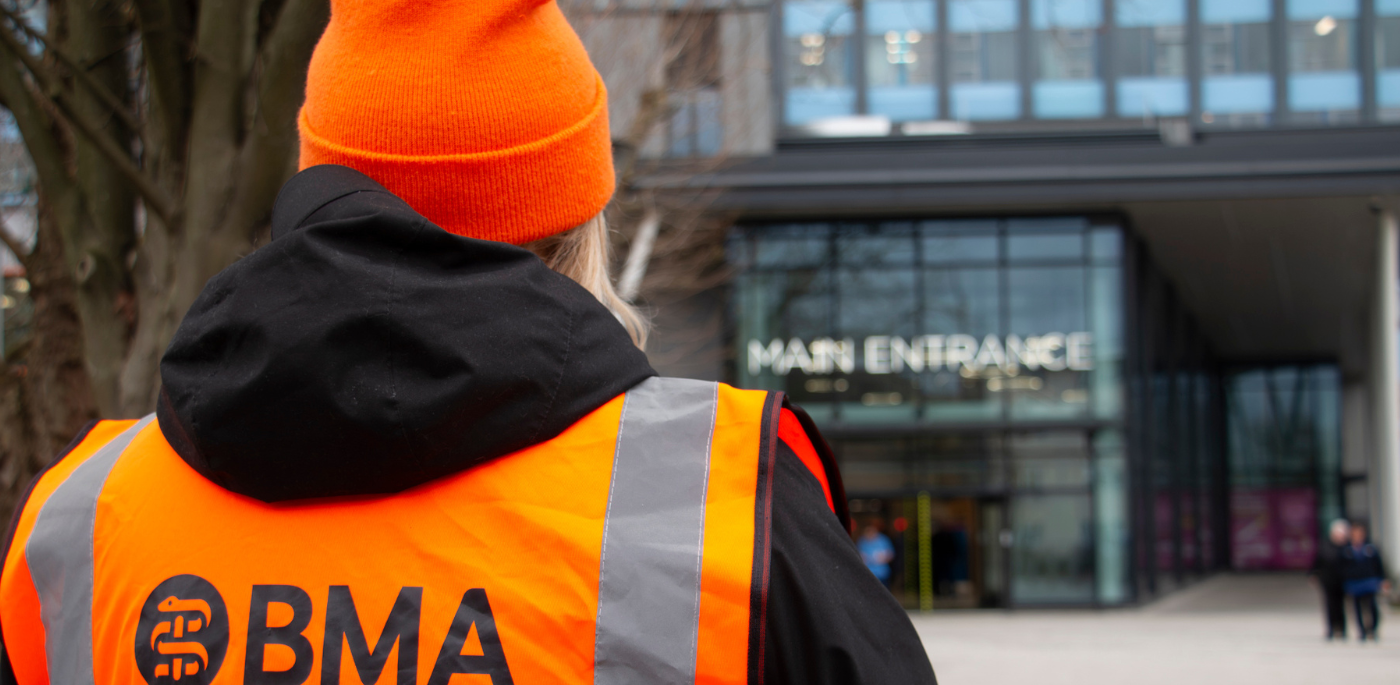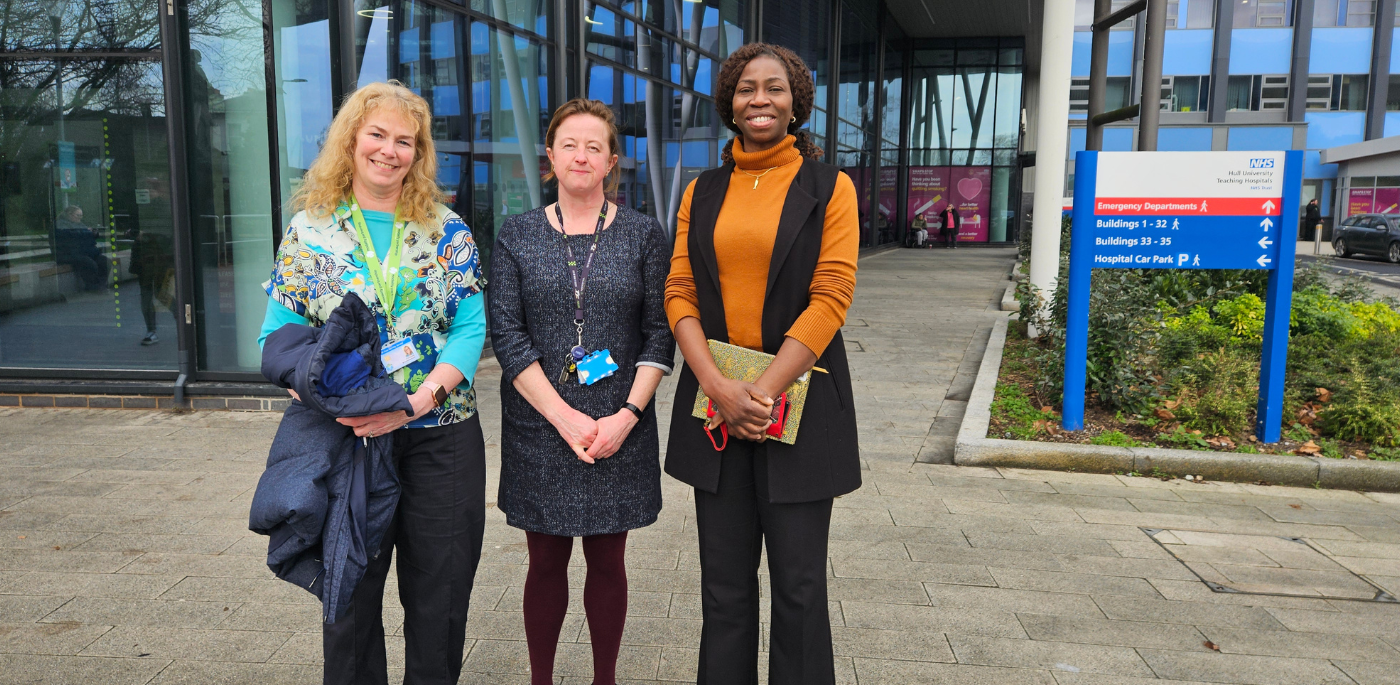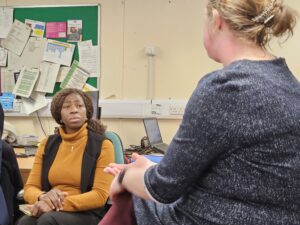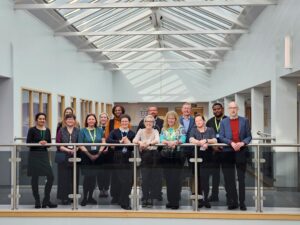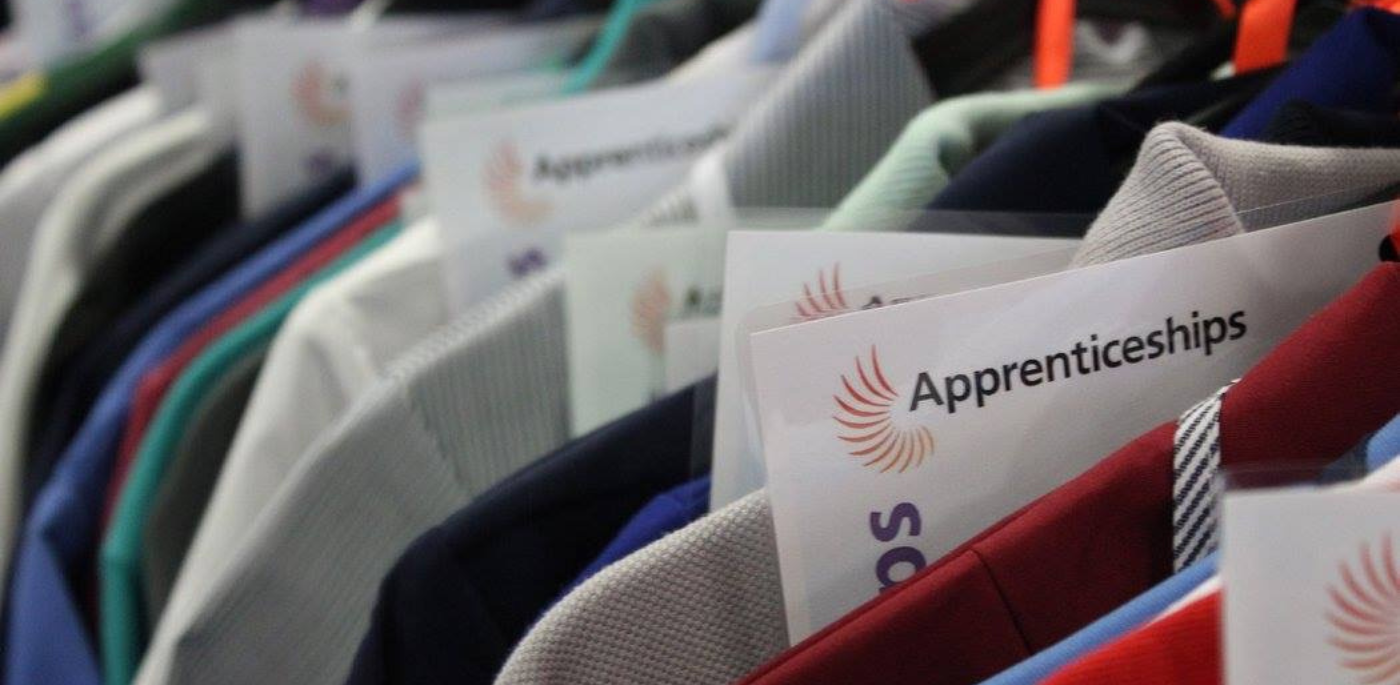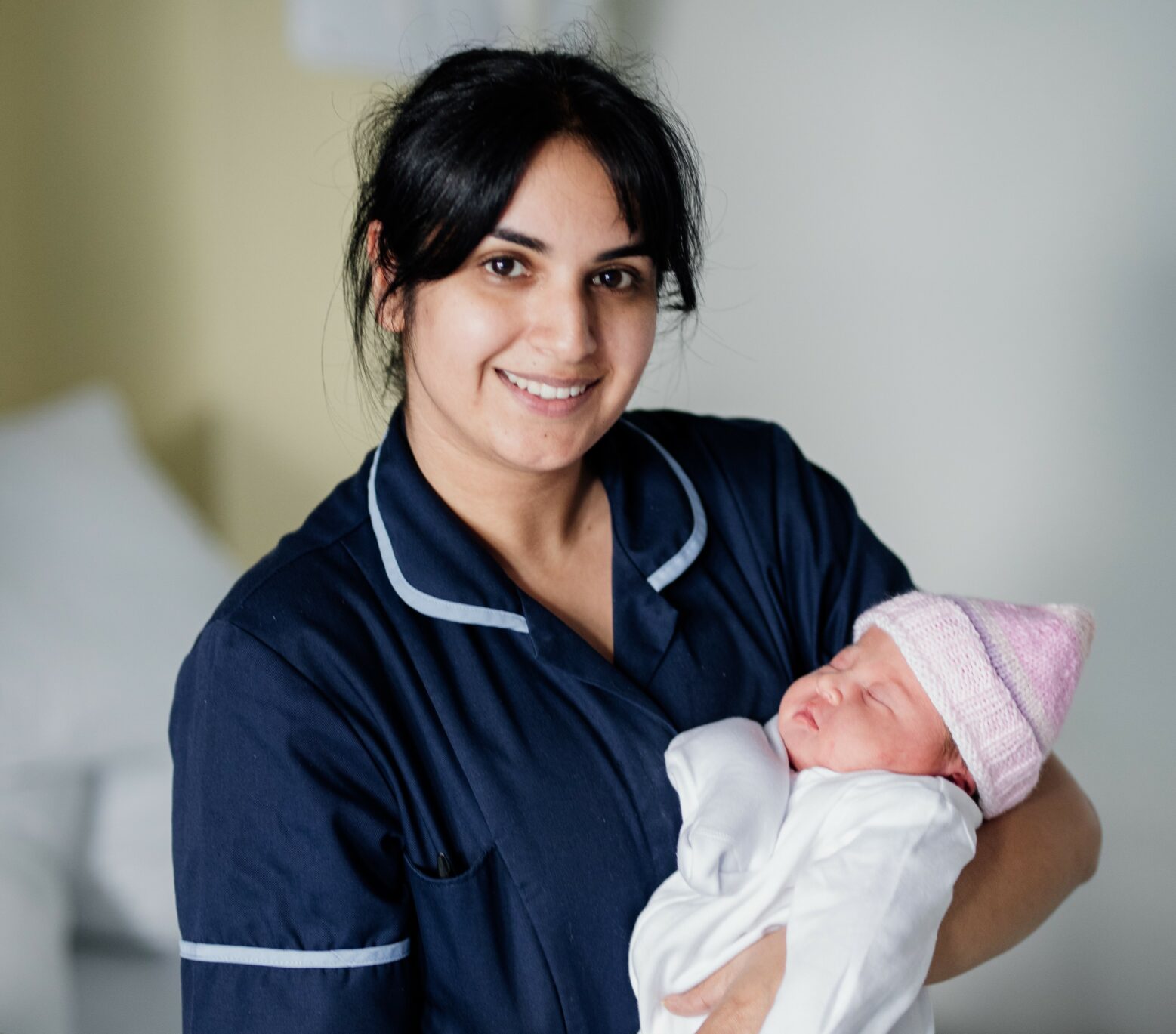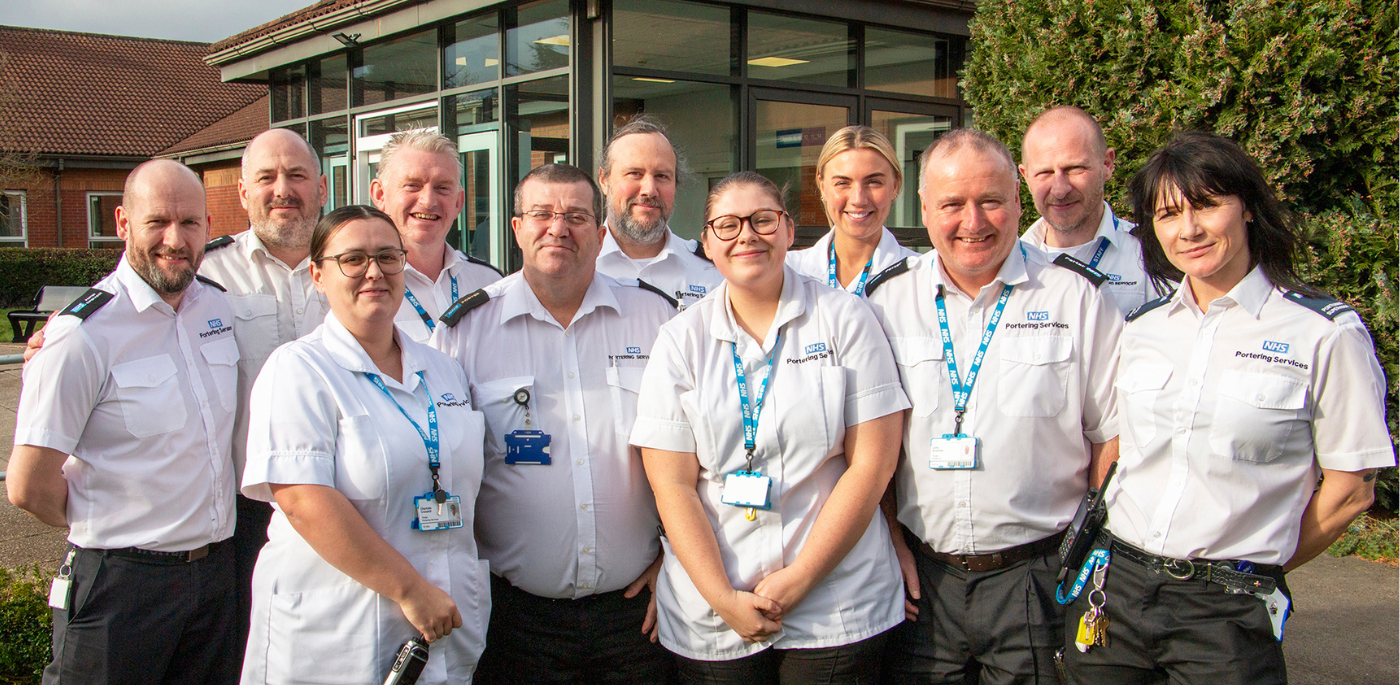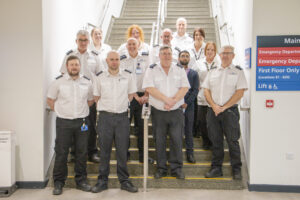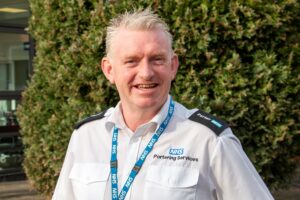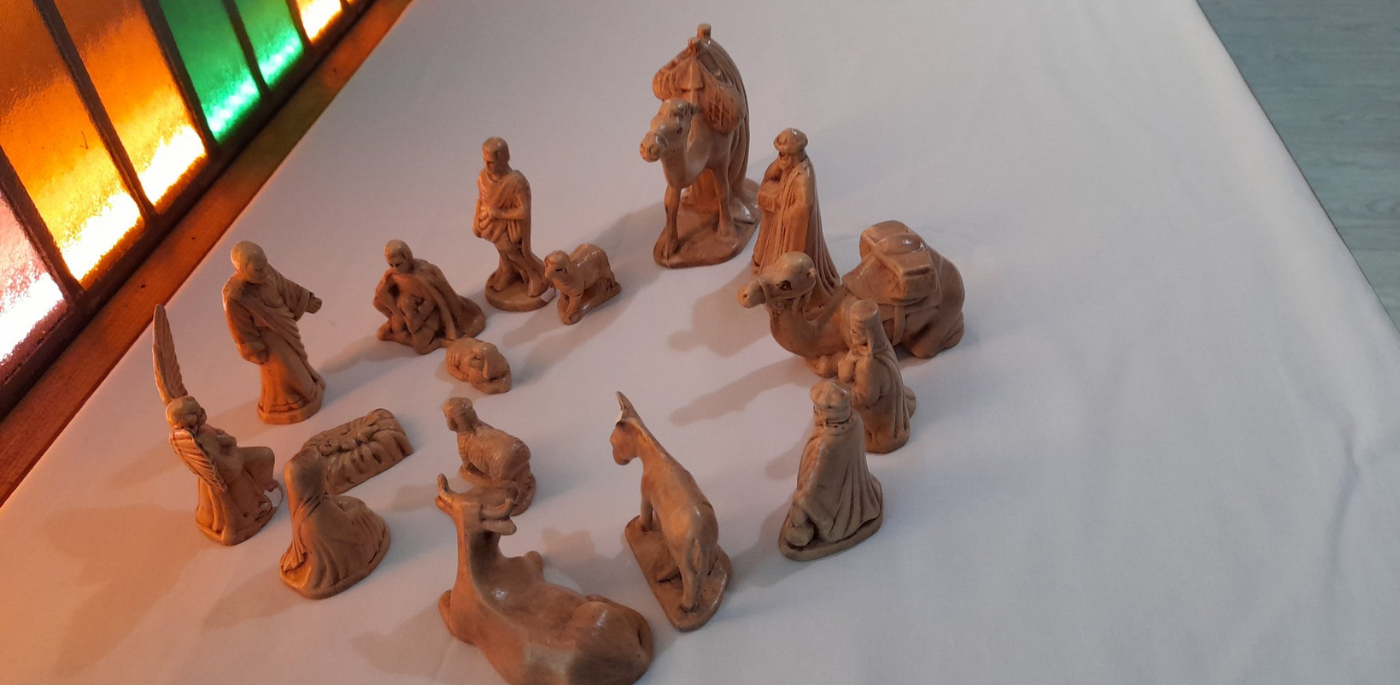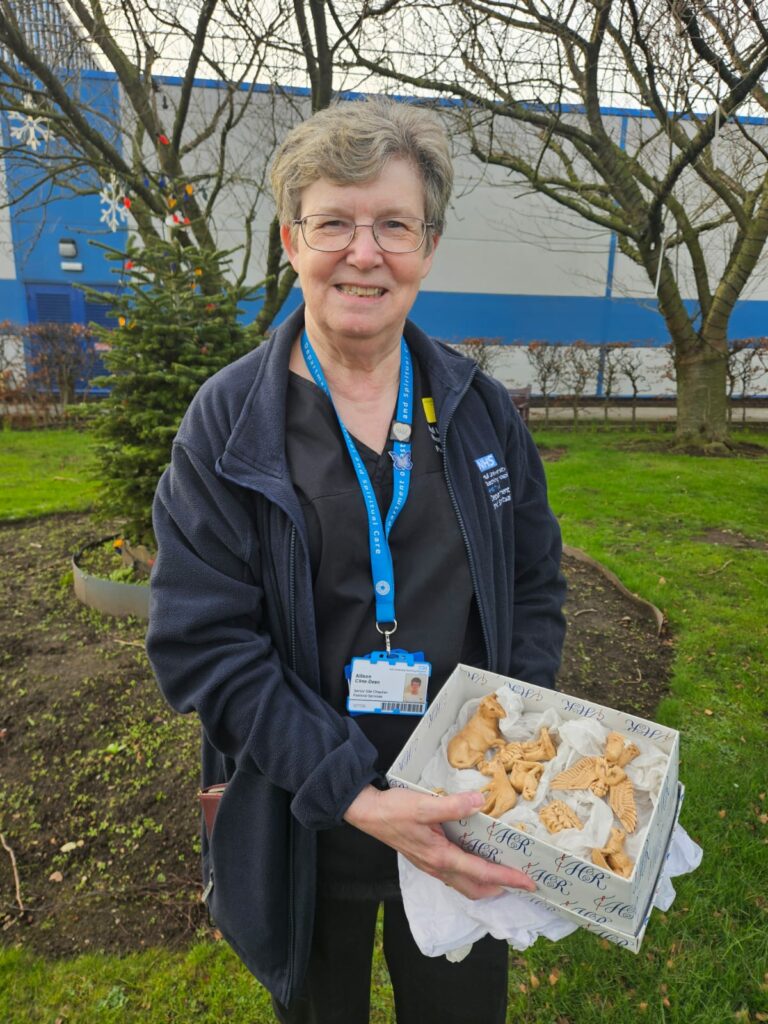Hull’s BaBi research project is over a quarter of the way to its annual recruitment target within just 4 weeks
Families in Hull are committing to make the city a happier, healthier place by taking part in a new study.
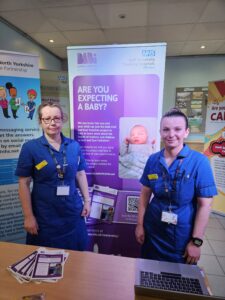
Sarah Collins (left) and Eloise Taylor from the BaBi Hull and East Yorkshire study team
Over 100 families have already signed up to take part in the Born and Bred in (BaBi) Hull and East Yorkshire project, which will use data held about local people to shape health services or highlight societal changes which could improve long-term health outcomes.
The Hull-based research team originally set out to recruit 400 families in the first 12 months, but are thrilled to be more than a quarter of the way to their target already, just four weeks after the project launched on 6 February.
Sarah Collins, Research Midwife for Hull University Teaching Hospitals NHS Trust said:
“The response to the study in the first few weeks has been amazing, really surpassing our expectations. The high level of interest also shows that people really do care about the things that happen around them and how they could be impacting on their own family’s health.
The BaBi project looks at both maternal health and children’s health in their early years. It is seeking to connect up all the information that health, education, social care and other organisations hold about young children and families to try and identify patterns that could drive improvements in the lives of the next generation and beyond.
In Bradford, where the BaBi study first began, the findings have contributed to bus route diversions in areas where pollution and childhood asthma were noted to be high and the creation of more green spaces to promote better mental health.
“We all want the best for our families, so taking part in the BaBi study is one way in which local people can help to influence that, not just for themselves but for our wider community too, “ Sarah continues.
“Taking part isn’t over timely consuming and doesn’t require regular involvement with the study team, but what it does have is the potential to help us improve the health and wellbeing of thousands of families, both now and for generations to come.”
Would you like to join the study? All pregnant women and birthing people booked for care with Hull Women & Children’s Hospital will be invited to take part in the study as a matter of course, but more information is also available on our website: https://www.hull.nhs.uk/maternity/babi/ or by emailing hyp-tr.research.midwife@nhs.net

